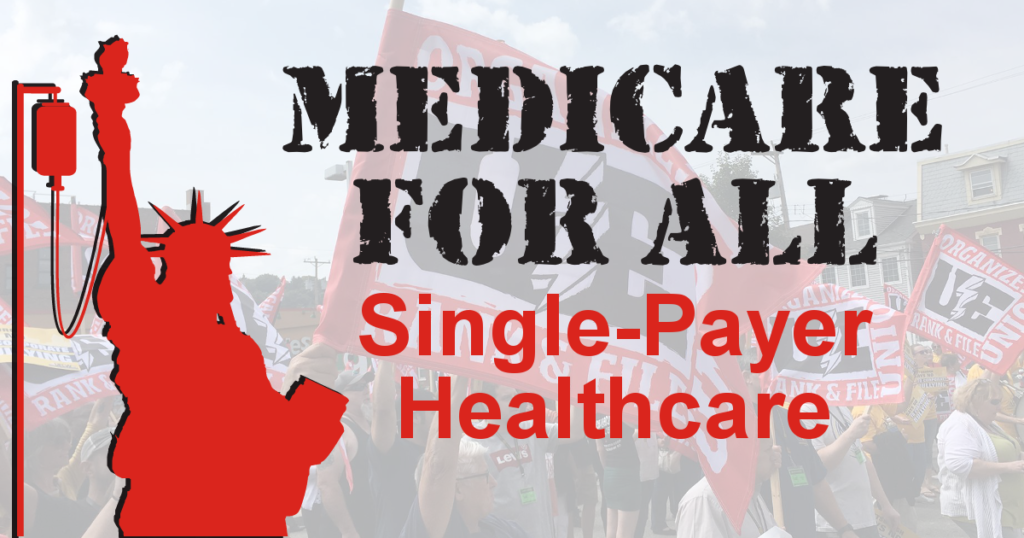By Press and Publicity Chair, Lizzy Handschy
Contact Lizzy at [email protected]
In August of 2015, just days after I began graduate school here at the University of Iowa, I read a Facebook post from a friend who, at the time, was a PhD student at the University of Missouri. She stated that graduate students at Mizzou had lost their health insurance. While this wasn’t a totally accurate description of the situation, her Facebook post nonetheless inspired fear in me about the potential precarity of being a graduate worker. After sharing what I’d read with my officemates, a more senior graduate student reassured me that this couldn’t happen to us because at Iowa, we are unionized, and our health insurance is guaranteed in a legally binding contract.
Back in 2017, all of that changed. In February of 2017, Iowa Republicans proposed legislation that stripped public sector unions, like COGS, of many of our rights. Because this legislation passed, public sector unions are no longer allowed to bargain over health insurance. While we still have GradCare, it is no longer in our legally-binding contract, but in University policy instead. This means the University can change this policy at any time.
Healthcare is not the only thing we lost the ability to negotiate over when this law passed. As it stands, our wages are essentially the only thing protected by our contract, and much of what we used to have in our contract is now in University policy. Since these changes, COGS has been grappling with what it means to be a union when our official bargaining rights are so limited. If the purpose of a union is to protect the rights and wellbeing of its workers, how do we do this now?

In terms of healthcare, there is a solution that will protect our current health insurance, and would have even protected the non-unionized graduate workers of Mizzou. That solution is single-payer healthcare, or Medicare for All. With Medicare for All, every graduate worker at Iowa and at any university, unionized or not, would have access to health insurance. Our access to affordable health insurance would not be decided by the whims of university administrators or state legislators. The UE National has recently endorsed a “Health Care for All” policy platform, noting that if unions no longer need to negotiate over healthcare, that leaves them resources to negotiate for other benefits, like paid sick leave and vacation time.
In the past, COGS has not endorsed policy platforms or candidates. But with the new limitations to our bargaining rights, this is something we should reconsider. At our December General Membership Meeting we will discuss whether we should endorse policy platforms, and specifically discuss endorsing Medicare for All. I personally believe a union should fight for the wellbeing of its workers in any way, and I support COGS officially endorsing Medicare for All!